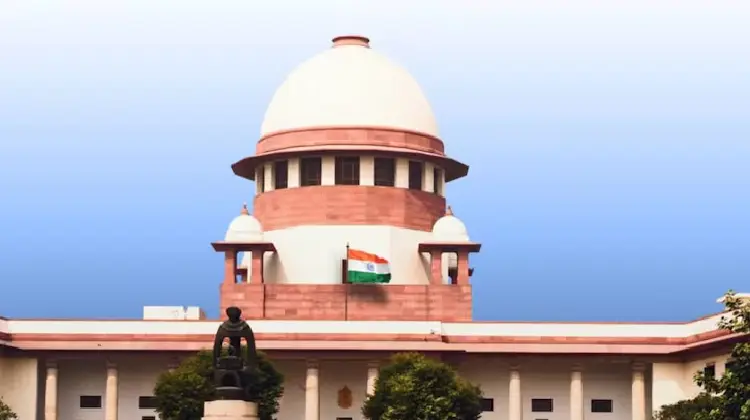The Supreme Court of India is set to hear one of the largest tax disputes in the country’s history on May 5, 2025, involving a staggering ₹2.5 lakh crore tax liability for online gaming companies. The case, which could redefine taxation and regulation for India’s booming online gaming industry, revolves around the contentious 28% Goods and Services Tax (GST) levied on real-money gaming platforms.
At the heart of the dispute lies the government’s interpretation of Rule 31A of the CGST Rules, which mandates a 28% GST on the face value of bets. The gaming industry argues that this rule applies exclusively to gambling and betting, not skill-based games like poker, rummy, and fantasy sports.
Key arguments include:
- Industry’s Stance: Skill-based games should be taxed differently from gambling due to their reliance on strategy and expertise.
- Government’s Position: Platforms offering skill-based games for stakes are akin to gambling as they involve “actionable claims.”
- The retrospective application of this tax from July 2017 to October 2023 has further escalated tensions, with gaming firms claiming it creates an unfair financial burden.
The case will be heard by a bench comprising Justices JB Pardiwala and R. Mahadevan, with top legal minds representing both sides:
Gaming Companies’ Counsel: Senior advocates like Harish Salve and Dr. Abhishek Manu Singhvi argue that decades of jurisprudence distinguish games of skill from gambling.
Government Representation: Additional Solicitor General N. Venkatraman defends the tax policy, asserting its applicability to all forms of real-money gaming.
During previous hearings, the court directed the Centre and GST authorities to respond to petitions filed by major players like Dream11, Games24x7, and Head Digital Works, challenging the retrospective tax.
The outcome of this case holds immense significance for India’s online gaming sector, which has been severely impacted by the controversial tax policy:
Financial Strain: Companies face massive liabilities that could cripple operations and lead to job losses.
Investor Confidence: A favorable ruling would boost investor sentiment and attract global funding for Indian startups.
Legal Precedent: The verdict could establish a clear distinction between skill-based gaming and gambling, influencing future regulatory frameworks.
India’s real-money gaming (RMG) sector has grown exponentially in recent years, with platforms like Dream11 and MPL leading the charge. However, the imposition of 28% GST on entry-level bets rather than gross gaming revenue has sparked widespread criticism.
In October 2023, amendments to GST laws formalized this tax rate, triggering legal challenges from gaming firms across India.
The Karnataka High Court had previously quashed a ₹21,000 crore GST notice against Gameskraft in May 2023, but this ruling was stayed by the Supreme Court in September 2023.
The Supreme Court’s decision will not only determine the fate of India’s online gaming industry but also set a precedent for how digital innovation is taxed in the country. As arguments unfold over four to five days starting May 5, all eyes will be on whether India can balance its regulatory ambitions with fostering innovation.
Key Highlights:
- The Supreme Court will hear a ₹2.5 lakh crore tax case involving online gaming platforms on May 5, 2025.
- The dispute centers on whether skill-based games like poker and rummy should be taxed as gambling under Rule 31A of CGST Rules at 28%.
- Major players like Dream11 and Gameskraft argue against retrospective taxation from July 2017 to October 2023.
- The verdict could reshape India’s online gaming landscape by setting regulatory precedents and boosting investor confidence.

